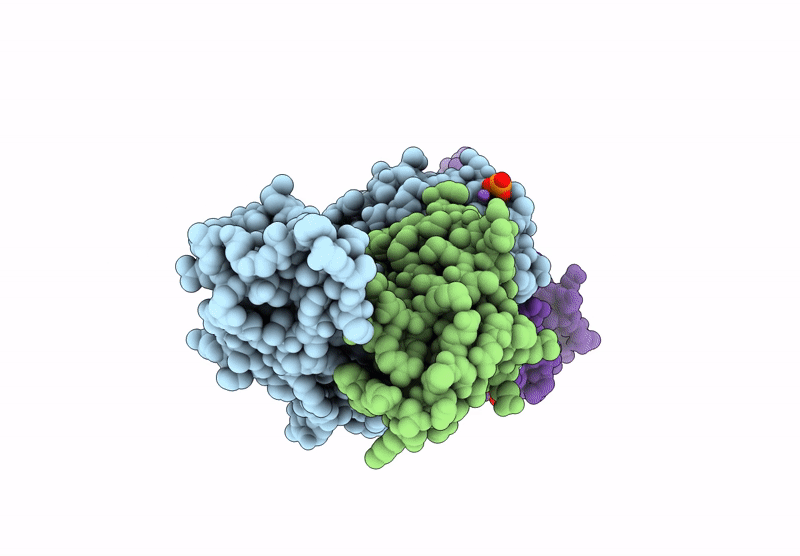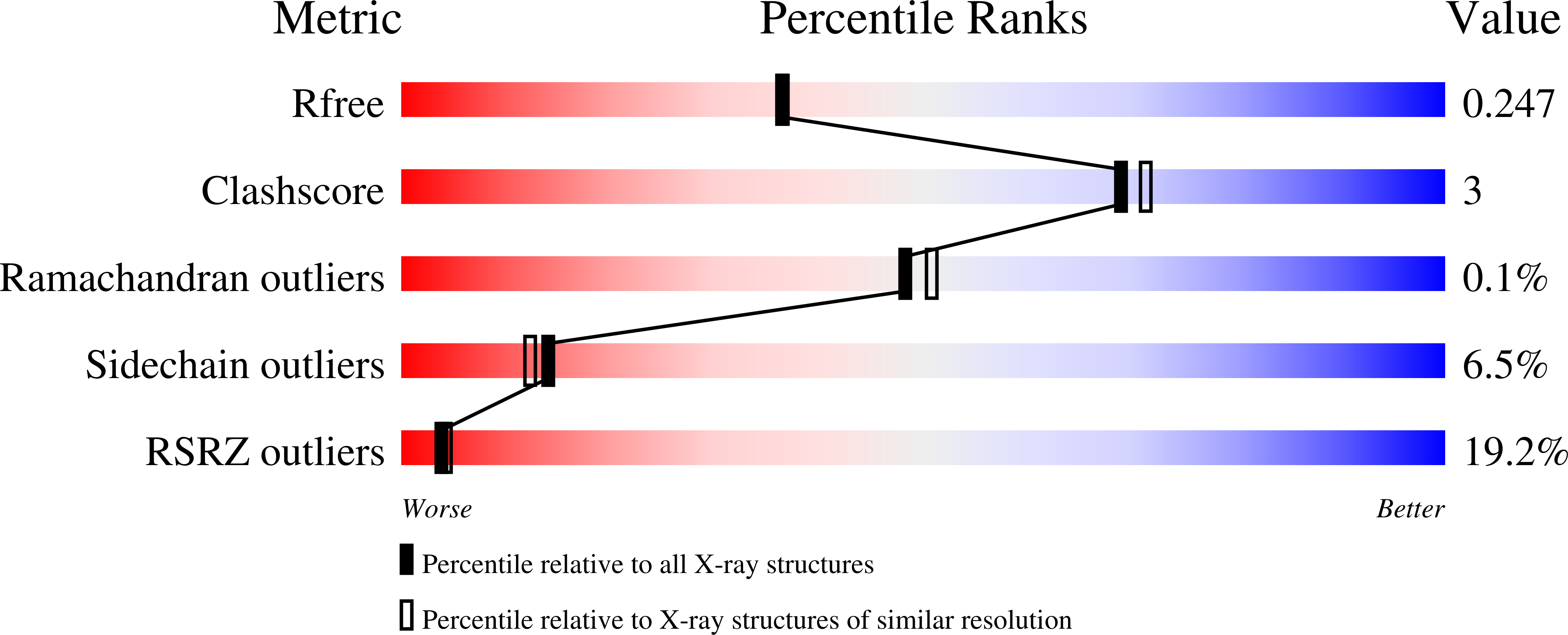
Deposition Date
2023-11-30
Release Date
2024-12-18
Last Version Date
2025-02-26
Entry Detail
Biological Source:
Source Organism(s):
Homo sapiens (Taxon ID: 9606)
Influenza A virus (Taxon ID: 11320)
Influenza A virus (Taxon ID: 11320)
Expression System(s):
Method Details:
Experimental Method:
Resolution:
2.10 Å
R-Value Free:
0.24
R-Value Work:
0.21
R-Value Observed:
0.21
Space Group:
I 1 2 1


